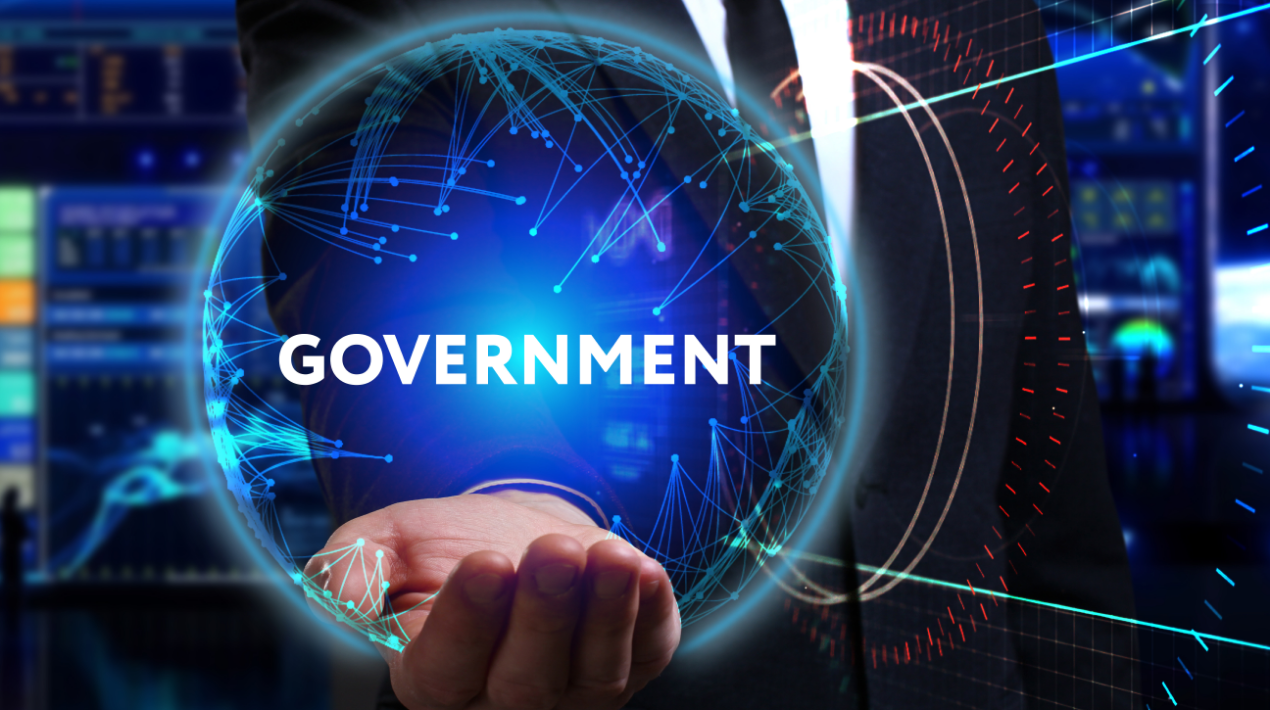
Digital transformation is bringing a lot of positive change to just about every sector of society. The latest to benefit is China’s traditional power industry. By incorporating digital technology with power electronics technology, the domestic power industry is taking a major leap forward in the years to come.
As a whole, experts call it the digital energy industry. Already, they’re predicting rapid growth in the next decade with the timely union of the old-school power electronics industry and digital technology. To date, key players of the traditional industry are pivoting towards faster digitalisation. The best part is this is benefiting the planet too.
The essence of carbon neutrality is to promote the transformation of the energy structure towards low-carbon, electrification and digitalisation. The proportion of new energy power generation is expected to increase significantly, and energy digitalisation will progressively lower the dependence on fossil fuels by driving technological innovation.
– Digital Energy Industry Executive from China
With the acceleration of digital transformation, digital technologies represented by 5G, Big Data and Artificial Intelligence (AI) are speeding up their integration with traditional industries. The results are nothing short of phenomenal. These ICT technologies are playing an increasingly important role in saving energy, reducing carbon emissions and helping achieve the nation’s carbon peak and neutrality goals. That brings into play the field of power electronics, which uses the principles of electronics-usually employed to transmit signals in low-power devices at a much higher power level.
In light of the great promise of digital energy, China’s biggest power companies are making forays into the digital energy field by setting up independent departments or subsidiaries. The emphasis is on leveraging innovative technologies to accelerate the digital transformation of energy.
Another example is one of China’s biggest telecom equipment makers that has accelerated its business expansion into the lucrative segment. It recently established a digital energy department in December.
Moreover, many of these industry stalwarts today have the planet in mind when thinking about digital transformation. They know that the dependence on traditional fossil energy has become a major bottleneck hindering the development of the energy industry. These companies look up to digital to help them deal with the woes of the planet’s fossil-fuel dependence.
For instance, the telecom equipment maker will integrate its products and capacities in power, energy storage, data centres and energy management to promote the digitalisation of the energy industry, the company said.
Its zero-carbon energy network enables seamless energy management and scheduling, from power generation to the power consumption of the entire energy power supply chain. Lithium-ion batteries, solar energy, power distribution and transformation, and thermal control technologies have been applied in the energy network to improve energy efficiency and enhance power supply reliability.
Indeed, digital tech has allowed China to transform faster than anticipated. It has brought a lot of progress in just all sectors of its society. For instance, deliveries for online orders are now done without human drivers. Driverless vehicles and drones are making things a lot easier for everyone. It’s a step forward no doubt.
The country is strategic about its digital expansion. Looking for equitable development across the nation, Beijing is applying an East-to-West digital expansion stratgey. It’s a plan that achieves mulitple targets. Not only does it make the most of the vast space the Western provinces offer, but also it ensures greater digital adoption for everyone in-country. Still, it has huge challenges ahead. For one, a sizeable part of its population needs to be educated in science and technology, as reported on OpenGov Asia.
















